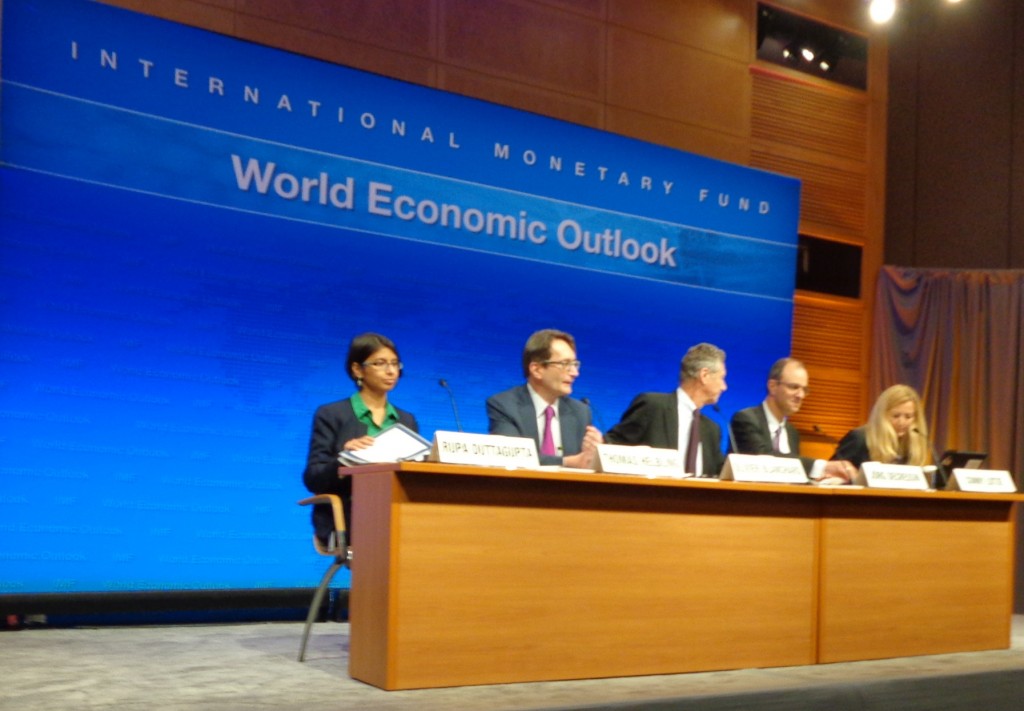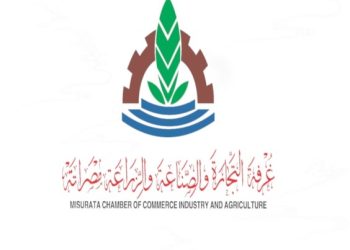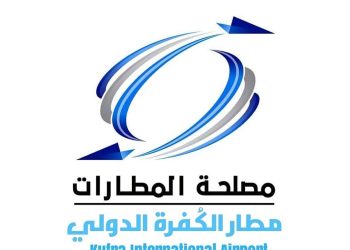By Sami Zaptia.

Washington DC, 8 October 2013:
The IMF warned in its World Economic Outlook report here today in Washington that growth in the MENA region is expected to decline in 2013 mainly as a result of weak global demand and domestic supply disruptions to oil production.
Growth is expected to pick up in 2014 with improved global conditions and a recovery in oil production.
Specifically on oil-exporting economies, the IMF said that growth “decelerated substantially in the first half of 2013 driven by falling oil production.”
In a number of economies, such as Libya, high geopolitical tension, economic sanctions, unscheduled maintenance, and deteriorating security have disrupted the oil supply. The region’s oil output is expected to fall by 1 percent in 2013 with the decline “driven broadly by Libya and Iran”, the IMF reported.
For the year as a whole, growth is projected to average 2 percent – a downward revision of 1 ¼ percent point from April 2013 WEO – largely on account of lower oil production.
Growth will likely increase to 4 percent in 2014 with recovery in global demand and higher oil production in Saudi Arabia, Iraq and Libya.
Risks to the near-term regional outlook are broadly balanced. On the upside, geopolitical shocks and supply disruptions in the region may push oil prices higher. On the downside, weaker global demand could put downward pressure on oil prices and growth in oil exporters in the region.
A sustained decline in oil prices would leave many oil exporters in the region with fiscal deficits. Over the past several years, increased spending has raised fiscal break-even oil prices – oil prices at which government budgets are balanced – faster than actual oil prices have risen.
As a result, a number of economies, including Libya, have fiscal break-even prices above the projected oil prices for 2014.
The policy priority for the region’s oil exporters is to increase resilience to oil revenue shocks while diversifying their economies for a rapidly growing labour force. The IMF advises that these nations should find non-oil sources of revenue and containing hard-to-reverse current expenditures, while maintaining social and high-quality capital spending in support of economic diversification, growth and accumulating wealth for future generations.
It is worth noting that the IMF report broadly mirrors what GNC members told Libya Herald anonymously last week and what GNC Security Committee member Abdelmonem Alyaser called as a “red flag” to Libya by the IMF.
[/restrict]









